It will be a homecoming of sorts for Rev. Terra Winston.
The 2000 Lawrence University graduate returns to her alma mater Aug. 1 as the school’s first associate dean of spiritual and religious life. The newly created position is grant funded for a five-year term with the possibility of continuation beyond the term.
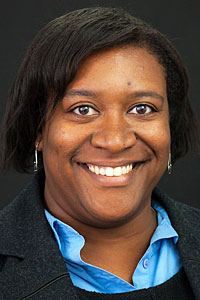
Since 2012, Winston has held various positions with the interfaith organization Christian Peacemaker Teams in Chicago. As delegations coordinator, she executed international, justice-focused travels, helping people navigate the nexus where their spirit meets the world’s realities. She also worked on organization-wide strategic directions and coordinated outreach efforts at conferences and congregations, among other duties.
Winston, an ordained Presbyterian minister who earned a bachelor’s degree in religious studies at Lawrence, said it was “fulfilling a dream” to return to campus to work with Lawrence’s diverse student body.
“I’m excited because I feel I have a unique skill set and a spiritual understanding that will enhance the work that has already begun,” said Winston, a native of
Shaker Heights, Ohio.
She said she will bring “a ministry of presence” to her new position.
“My experience has taught me how important it is to show up with sincerity, grounding and openness to meet people where they are along their spiritual journey.”
Rev. Linda Morgan-Clement, who joined the Lawrence administration in 2016 as the university’s first dean of spiritual and religious life, said Winston’s connection to Lawrence is a “huge advantage.”
“Terra comes in loving Lawrence,” said Morgan-Clement. “She will bring her personal experience of wishing that Lawrence had a position like this when she was a student. Having been out since 2000, she will bring her history with Lawrence and combine it with her experiences and education during the past 18 years that will enrich our campus community.”
“Terra brings deep experience in working in difficult dialogues, which is one of the challenges our office is seeking to address with our training program for facilitating challenging conversations.
— Rev. Linda Morgan-Clement
According to Morgan-Clement, Winston’s addition will continue to develop the new department and undergird Lawrence’s commitment to educating a whole person and serving the spiritual and religious needs of its students, faculty and staff.
“Terra brings deep experience in working in difficult dialogues, which is one of the challenges our office is seeking to address with our training program for facilitating challenging conversations. She will help us continue to shift the culture so that our commitment to inclusivity means we’re able to share a diverse range of ideas and not only speak but listen to one another.”
Morgan-Clement called Winston’s alignment of social justice and faith one of her strongest assets.
“She is very grounded in her understanding of the ethical commitments of what it means to be a person of faith. She will underline our capacity to bring together the faith and the ‘so what’ of faith, like how should I live. I’m hoping Terra will strengthen the questions we ask and strengthen the conversations that we can have around the questions.”
Among Winston’s duties will be to facilitate student conversations about spirituality, faith development, religious diversity, community building and social justice commitments. She also will direct Lawrence’s campus-wide dialogue initiative and provide pastoral care and assist with memorial gatherings.
After earning her bachelor’s degree from Lawrence, Winston earned a master of religious studies degree from the University of Chicago, a master of divinity degree from the McCormick Theological Seminary and a master of theology degree from the Princeton Theological Seminary.
About Lawrence University
Founded in 1847, Lawrence University uniquely integrates a college of liberal arts and sciences with a nationally recognized conservatory of music, both devoted exclusively to undergraduate education. It was selected for inclusion in the book “Colleges That Change Lives: 40 Schools That Will Change the Way You Think About College.” Engaged learning, the development of multiple interests and community outreach are central to the Lawrence experience. Lawrence draws its 1,500 students from nearly every state and more than 50 countries.

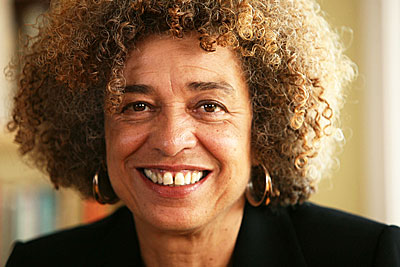
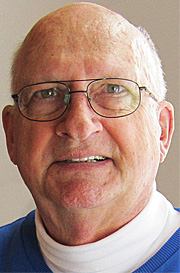
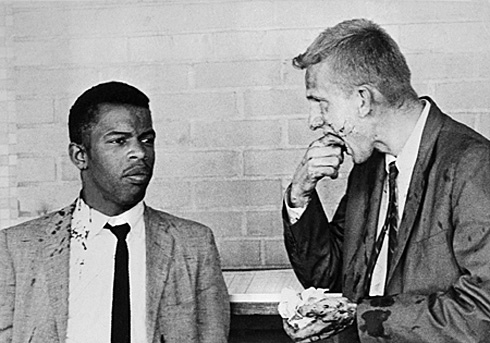
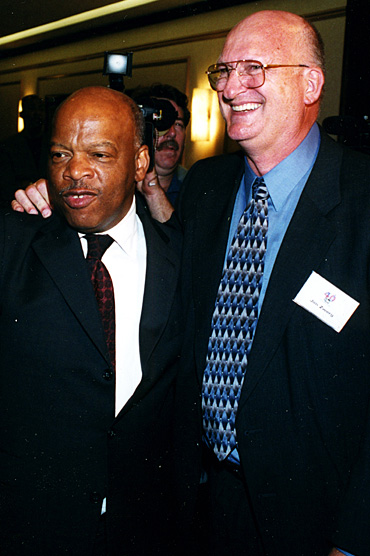
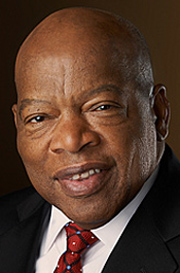
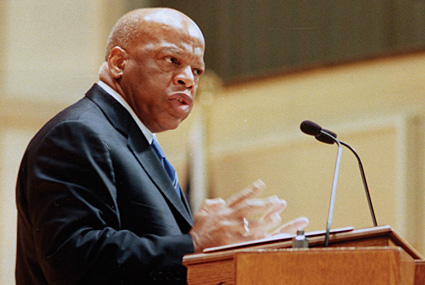
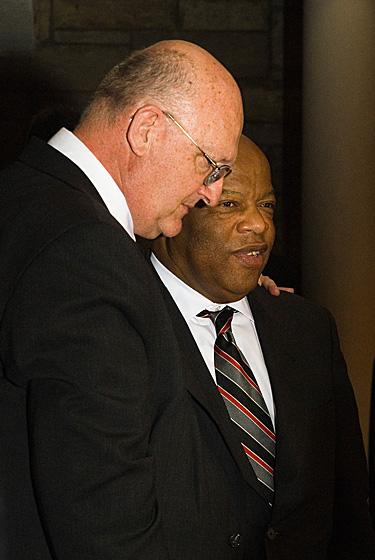
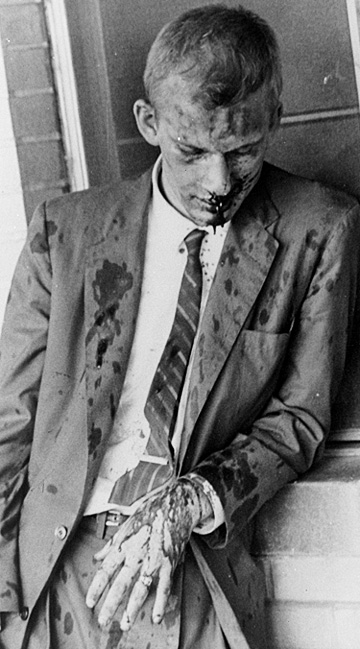
 A Rwandan native who moved to the United States in 1988, Robins-Brown began organizing a team of people for the NCV project in 2004. Now a registered non-profit organization both in Rwanda and the United States, the NVC received 23 acres of land from the Rwandan government and has begun construction on a village of family-style homes to house 150 children.
A Rwandan native who moved to the United States in 1988, Robins-Brown began organizing a team of people for the NCV project in 2004. Now a registered non-profit organization both in Rwanda and the United States, the NVC received 23 acres of land from the Rwandan government and has begun construction on a village of family-style homes to house 150 children.